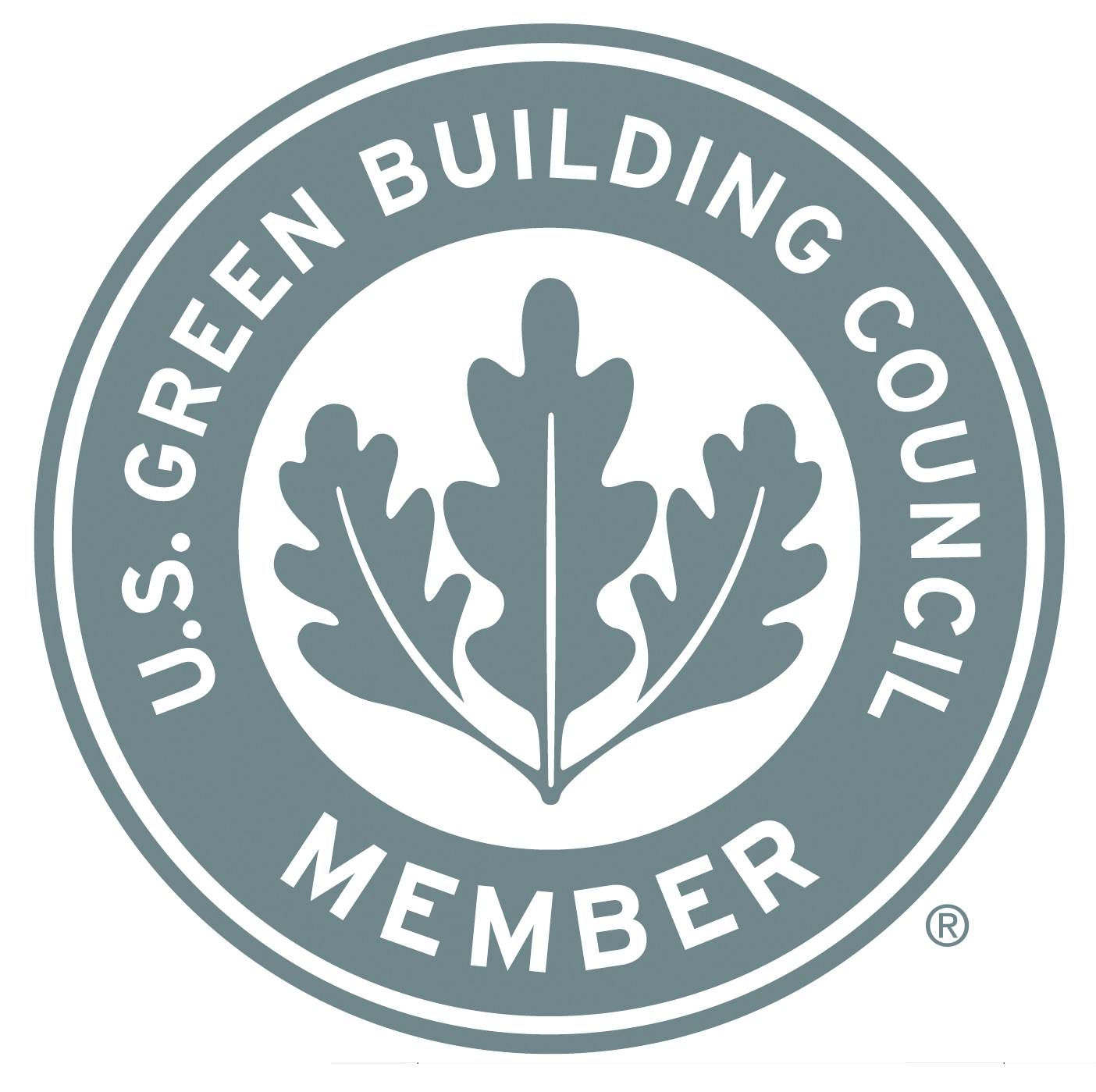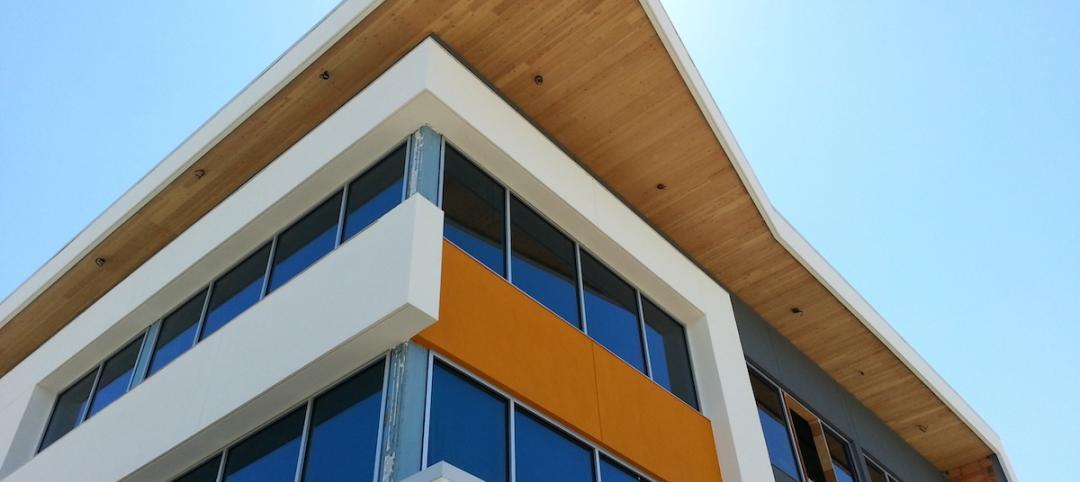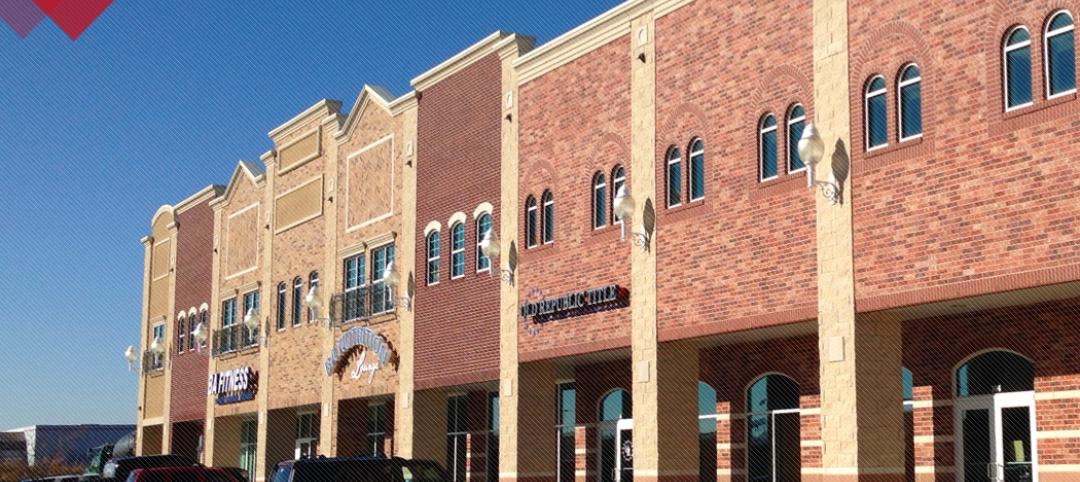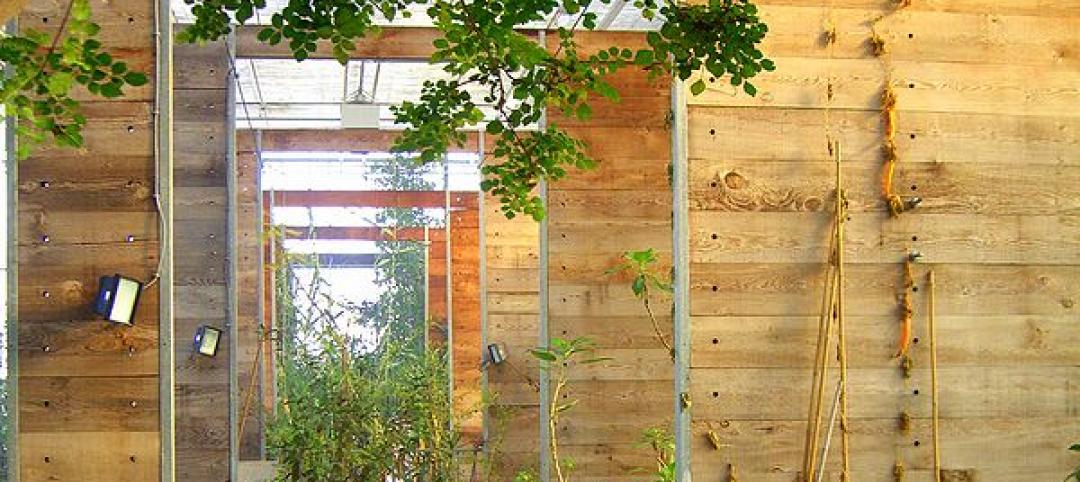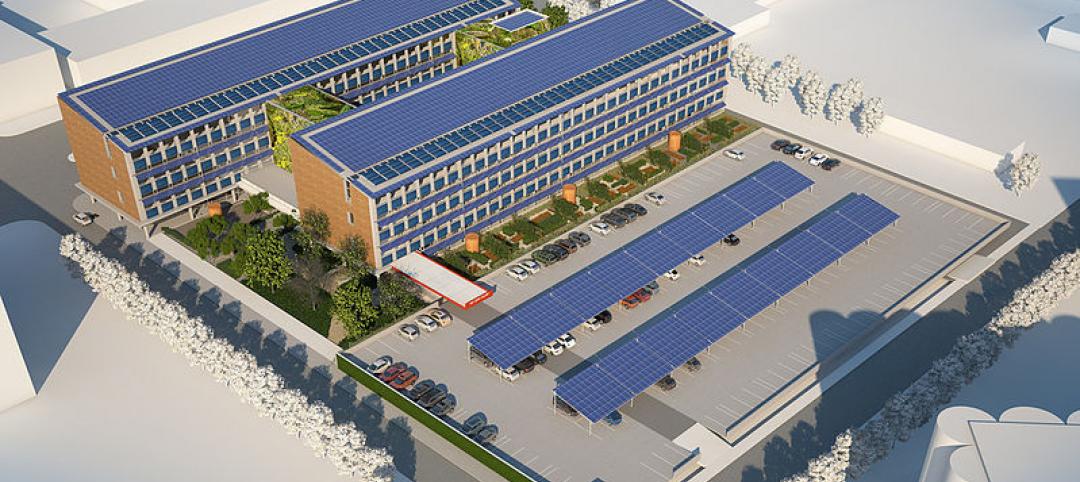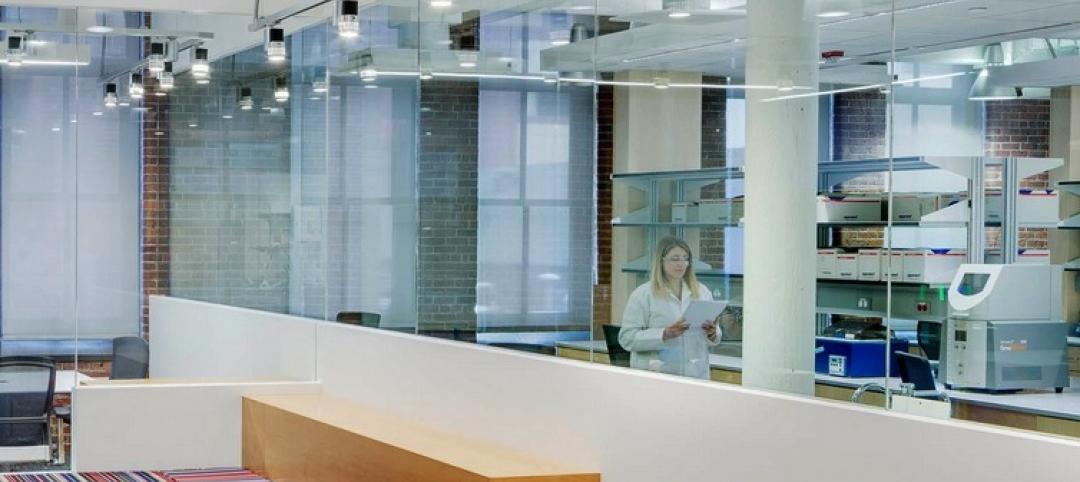The U.S. Green Building Council (USGBC) today announced the opening of the fifth public comment period for the proposed update to its LEED green building program. The comment period, which will close on Dec. 10, enables the building community to view the most recent draft of the rating systems and provide comments where any substantive changes have been made.
LEED v4 continues to push the envelope on energy efficiency, allocating nearly 20% of all points to optimizing energy performance over the stringent ASHRAE 90.1-2010, which would do more to help curb CO2 emissions than any LEED rating system in its 12 year history.
In addition to bringing green building solutions to more market sectors, including data centers, warehouses and distribution centers, hospitality, mid-rise residential, and existing schools and retail, the next version includes more options for projects outside of the U.S., making LEED the common language for sustainability around the globe.
The rating system has long championed innovation, and the LEED v4 draft further encourages innovative thinking and decision making about building materials and design. In this draft, using fewer, better materials will result in up to 9 LEED points, incentivizing product manufacturers that voluntarily report about their product makeup and those who reduce the negative impacts - from extraction of raw materials through the manufacturing process.
When fully launched in 2013, LEED v4 will offer an improved user experience that will make the certification review and documentation process more intuitive and efficient. The simplified reporting requirements will be thoroughly refined and tested by the LEED v4 beta testing group - the first crop of projects to pursue LEED V4 certification. The beta process enables project teams to engage with a pre-ballot version of LEED v4 with guided support from USGBC.
USGBC's Greenbuild International Conference and Expo, taking place Nov. 14-16 in San Francisco, Calif., will give users an additional opportunity to explore LEED v4, including the new technical content and credit language, while learning about the streamlined documentation requirements and submittal forms and the dynamic, mobile education resources being developed.
LEED v4 drafts and the public comment tool are now available on the newly re-launched, re-envisioned USGBC.org website, a platform that engages the green building community and supports an entire ecosystem of websites and apps. The new USGBC.org gives everyone the opportunity to build a rich history of involvement in the green building movement.
In an effort to provide the marketplace a view of the full LEED program experience prior to ballot, USGBC announced an expanded timeline for LEED v4 and committed to a fifth public comment period. Fifth public comment will run until Dec. 10. Ballot period is expected to open June 1, 2013.
Approximately 35 credits are included in the draft open for public comment, and have been revised in response to feedback from previous public comment periods to further improve clarity, increase flexibility and options for project teams, and removing unsuitable requirements from previous drafts.
To view the drafts of LEED v4 visit www.usgbc.org/leedv4. +
Related Stories
Sponsored | | Oct 13, 2014
CLT, glulam deliver strength, low profile, and aesthetics for B.C. office building
When he set out to design his company’s new headquarters building on Lakeshore Road in scenic Kelowna, B.C., Tim McLennan of Faction Projects knew quickly that cross-laminated timber was an ideal material.
Sponsored | | Oct 13, 2014
Think you can recognize a metal building from the outside?
It’s getting more and more difficult to spot a metal building these days. What looks like brick, stucco or wood on the outside could actually be a metal building in disguise. SPONSORED CONTENT
Sponsored | | Oct 13, 2014
Liberty Utilities protects installers with Viega MegaPress
Liberty Utilities of New Hampshire wanted a way to keep its installers safe without compromising the quality of their installations, which is why the utility provider decided to start installing Viega MegaPress. SPONSORED CONTENT
| Oct 13, 2014
Department of Agriculture launches Tall Wood Building Competition
The competition invites U.S. developers, institutions, organizations, and design teams willing to undertake an alternative solution approach to designing and building taller wood structures to submit entries for a prize of $2 million.
| Oct 12, 2014
AIA 2030 commitment: Five years on, are we any closer to net-zero?
This year marks the fifth anniversary of the American Institute of Architects’ effort to have architecture firms voluntarily pledge net-zero energy design for all their buildings by 2030.
| Oct 10, 2014
A new memorial by Zaha Hadid in Cambodia departs from the expected
The project sees a departure from Hadid’s well-known use of concrete, fiberglass, and resin. Instead, the primary material will be timber, curved and symmetrical like the Angkor Wat and other Cambodian landmarks.
| Oct 9, 2014
Regulations, demand will accelerate revenue from zero energy buildings, according to study
A new study by Navigant Research projects that public- and private-sector efforts to lower the carbon footprint of new and renovated commercial and residential structures will boost the annual revenue generated by commercial and residential zero energy buildings over the next 20 years by 122.5%, to $1.4 trillion.
| Oct 9, 2014
More recession-postponed design projects are being resurrected, says AIA
About three quarters of the estimated 700 firms that serve as panelists on AIA’s Architectural Billings Index (ABI) had delayed or canceled major design projects in response to recessionary pressures. Nearly one-third of those firms now say they have since restarted stalled projects.
| Oct 9, 2014
Steven Holl's 'intersecting spheres' scheme for Taipei necropolis gets green light
The schematic design has been approved for the 50 000-sm Arrival Hall and Oceanic Pavilion for the Taiwan ChinPaoSan Necropolis.
| Oct 9, 2014
Beyond the bench: Meet the modern laboratory facility
Like office workers escaping from the perceived confines of cubicles, today’s scientists have been freed from the trappings of the typical lab bench, writes Perkins+Will's Bill Harris.


